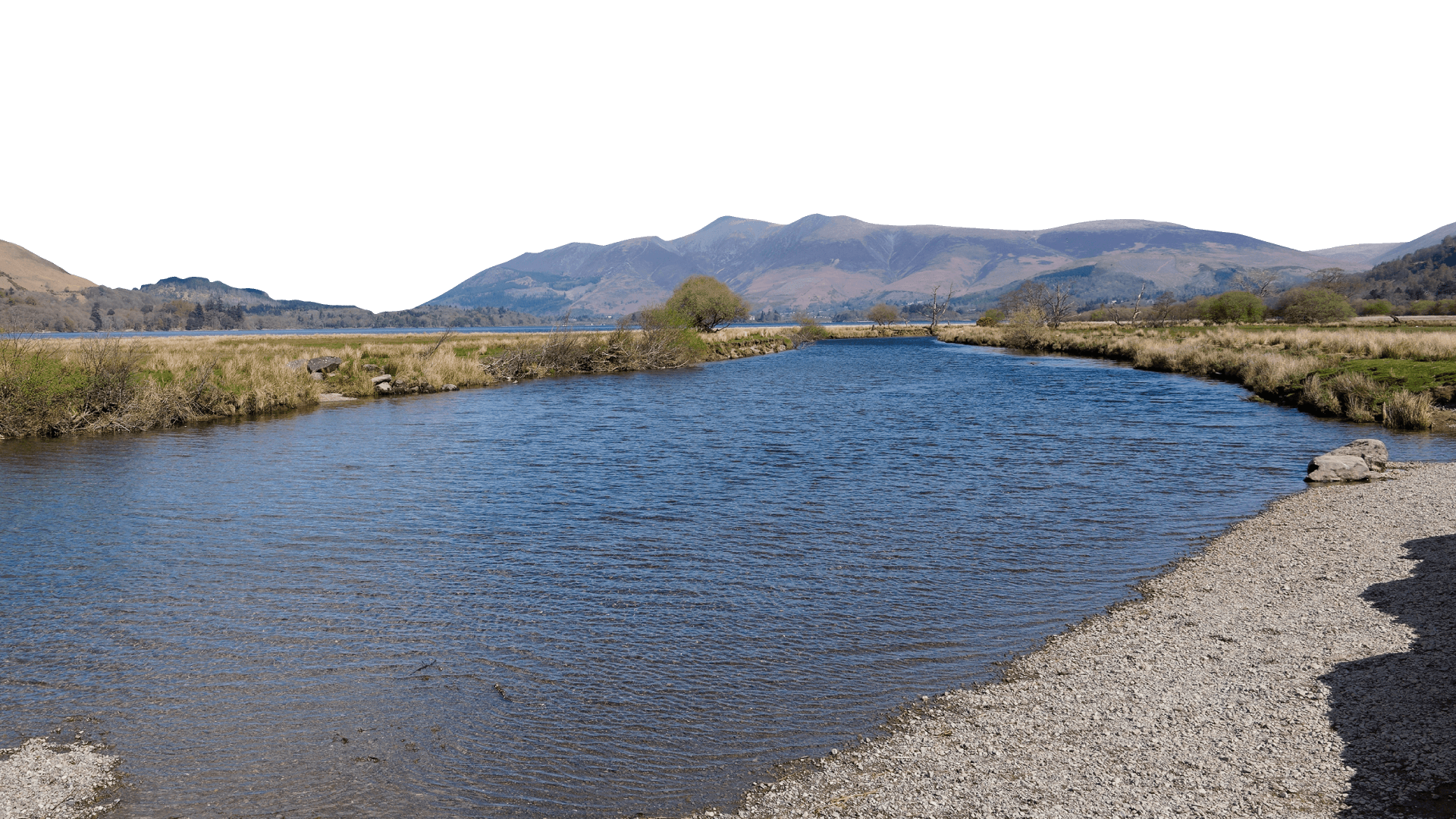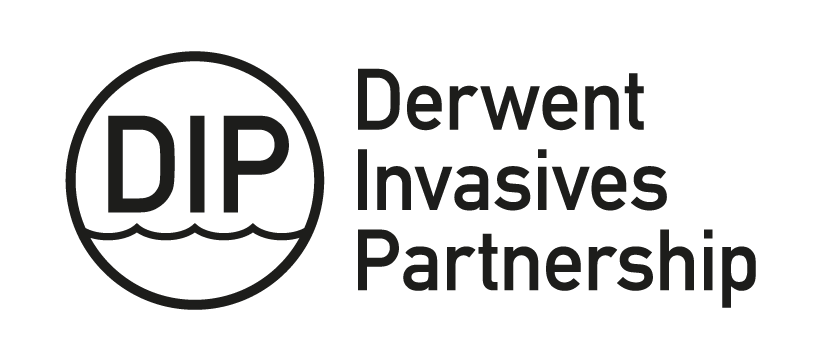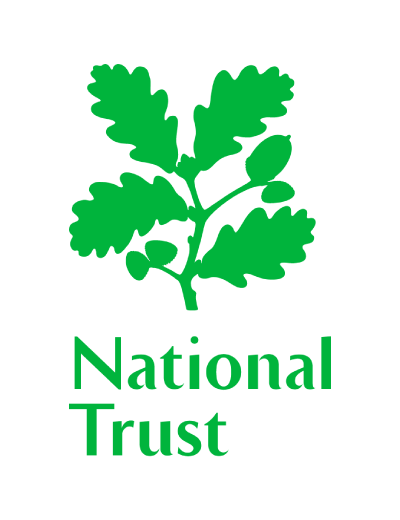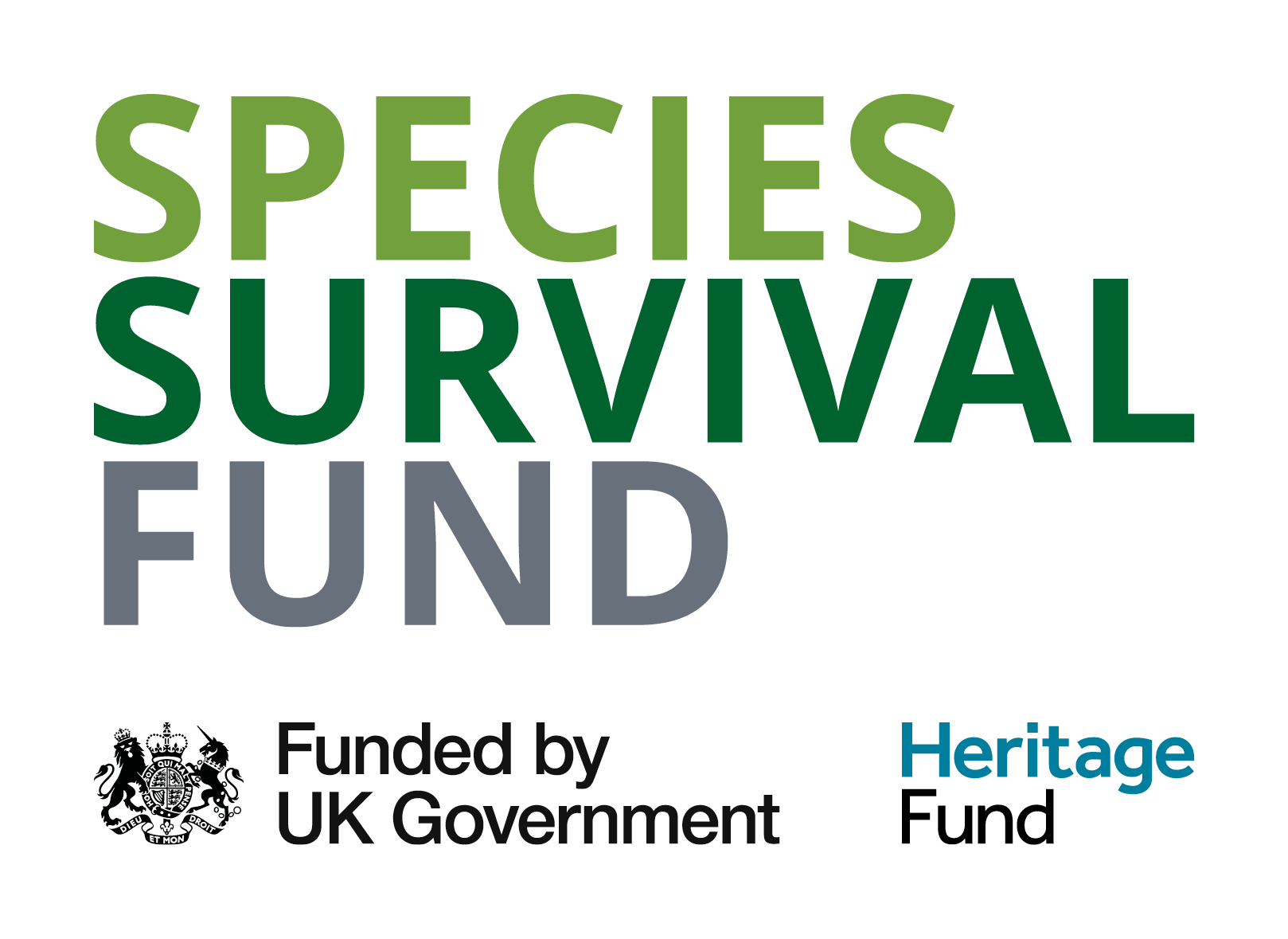
Invasive Non-Native Species (INNS)
Project Pages
Derwent Invasives Partnership
Mink Free Rivers
Don’t Pack a Pest
Invasive non-native species (INNS) are animals or plants that have been introduced (accidently or deliberately) by people to an area in which they do not naturally occur and now have the ability to pose a threat to the environment, economy or people.
Currently there are 3,248 non-native species in the UK, but not all of these are invasive. Around 15% of these plants or animals pose a thread to the way we live and, once established, their damage is irreversible. INNS reduce biodiversity, spread disease, modify ecosystems and drastically reduce and alter native populations across Great Britain if left unchecked, unmanaged and uncontrolled. Additionally climate change brings an increased risk due to warmer winters and extreme weather events.
Izzie Mullin with New Zealand Pigmyweed
INNS cost the UK economy around £1.8 billion a year through damage and erosion
They are one of the top 5 drivers of biodiversity loss globally
INNS are responsible for the dramatic decline of native wildlife like white-clawed crayfish and the tansy beetle
INNS threaten the survival of rare native species and outcompete plant life in fragile ecosystems such as wet woodlands and freshwaters
What we’re doing
Across our patch there are a number of INNS present and we work hard to manage these species wherever we can, however it’s a daunting task given the scale of the problem and the resources and funding available to tackle the issue.
Our current project focuses primarily on the Derwent Catchment, encompassing the tributaries of the Upper Derwent, Glenderamackin, St. John’s Beck, Greta, Middle Derwent, Cocker, Lower Derwent and the Marron. The 679km2 Derwent catchment includes multiple SACs and SSSIs and 64% of the catchment falls within the Lake District National Park, a UNESCO World Heritage Site that attracts 17 million visitors every year, putting it at greater risk of introduced species. This is a five year strategy by WCRT which includes management plans, but puts an emphasis on prevention and spreading awareness to ensure a strategy for long-term management.
Izzie Mullin and NT staff surveying for New Zealand Pigmyweed in Crummock Water in Winter © National Trust
Check, clean & dry whenever you enter the water
A ‘how to’ guide to Balsam Bashing
In 2022, we treated over 30ha of Himalayan Balsam, Japanese Knotweed and American Skunk Cabbage
How you can help
Check, Clean, Dry
Check, clean, dry your clothes, equipment and footwear every time you leave the water - it’s so easy to spread or introduce INNS so learn about biosecurity.
Learn
Learn to spot invasive species, 60% of invasive plants come from gardens.
Volunteer
Help us pull Himalayan Balsam at one of our volunteer events during the summer (make sure you tick ‘Himalayan Balsam Bashing’ as a general interest when you sign up).
Set up a community group
If you’ve been inspired to set up your own community balsam bashing group then look no further. We’re looking for local groups, individuals and families to get involved and help bash balsam whenever they can. The more hands we have the better the result, and repeated work in the same area can have a transformative impact on your local area. We can help you adopt a patch, liaise with landowners where required, provide expert knowledge, training and resources for free to support you (not to mention advice on public liability, insurance and risk assessments). Download our Balsam Bashing Toolkit.
Report a species
Maybe you’ve seen a new patch of Himalayan Balsam recently or seen New Zealand Pygmyweed where you haven’t seen it before, report it to us using INNS mapper to help us keep a close eye on issues across our patch.
Become a Biosecurity Guardian
With so many visitors from across the UK and further afield using our waterways for recreational sports and leisure activities, we’re looking for Biosecurity Guardians for Derwent Water who want to do more to help protect our beautiful lake. You’ll receive training and resources to help us keep an eye out for new introductions.
For more information, contact Project Officer (Invasive non-native Species) Izzie Mullin.
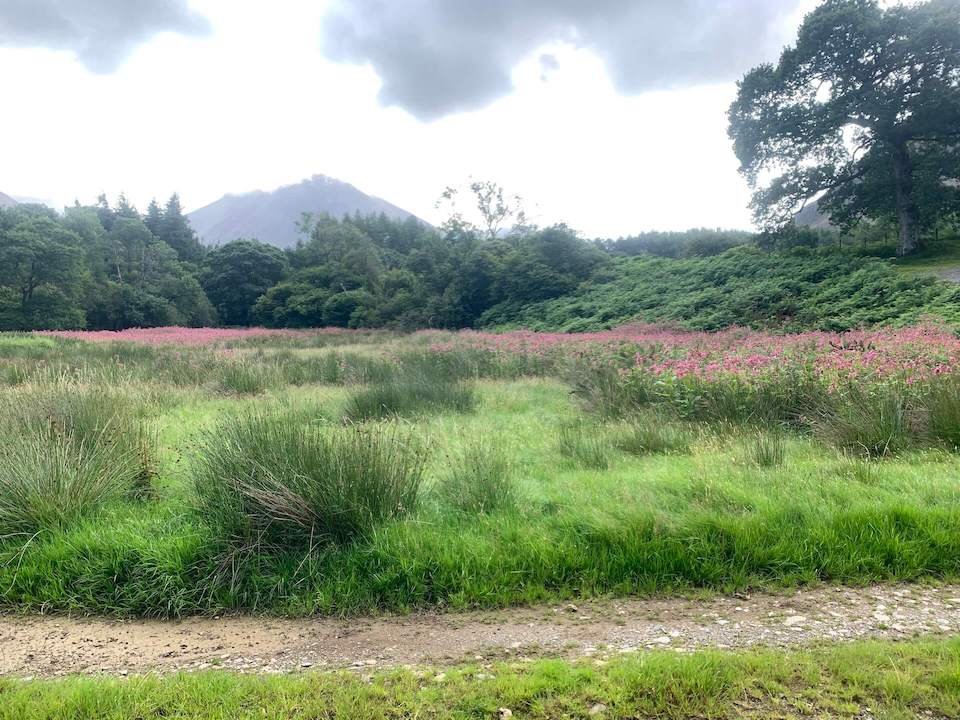
Before
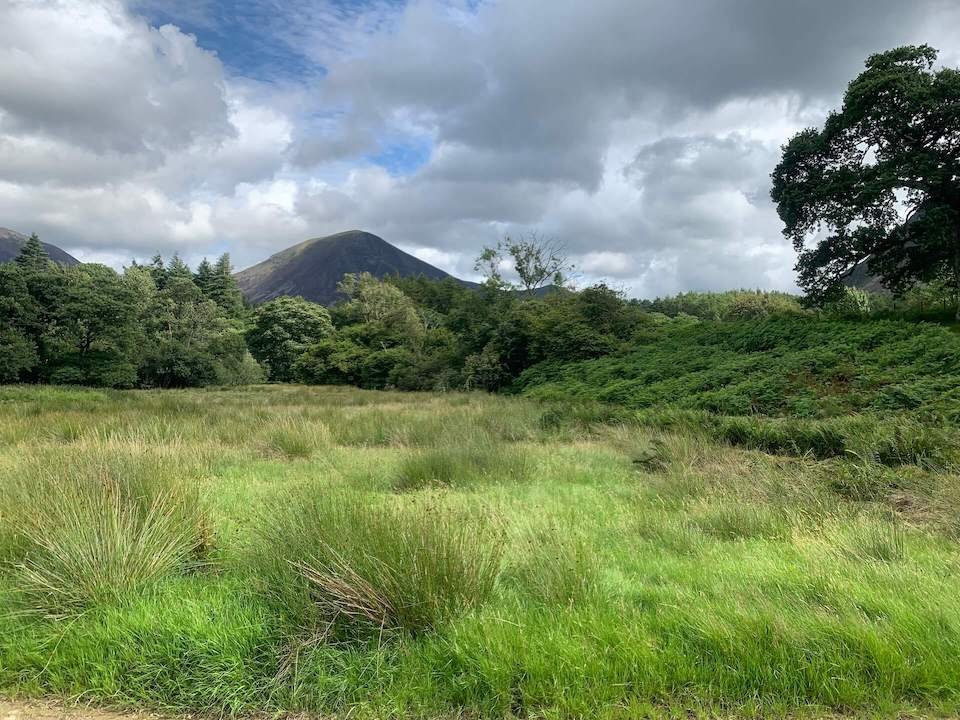
After
Get in touch
For more information, contact Project Officer (Invasive non-native Species) Izzie Mullin.
Project funders
